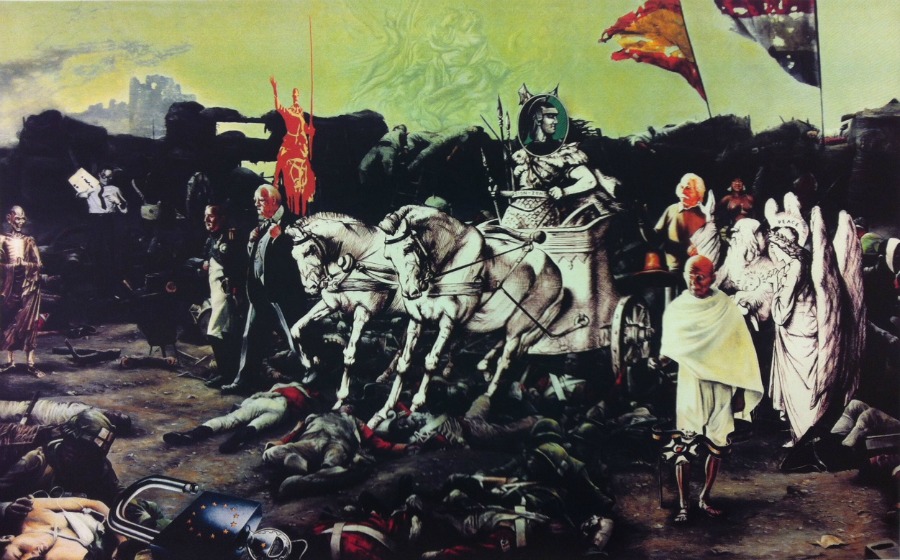The Cognitive Value of Blade Runner
DOI:
https://doi.org/10.58519/aesthinv.v1i2.11998Keywords:
Artistic Value, Narrative Representation, Cognitive Value, Cinematic Philosophy, Blade RunnerAbstract
The purpose of this essay is to argue that Blade Runner: The Final Cut (Ridley Scott, 2007) has cognitive value which is inseparable from its value as a work of cinema. I introduce the cinematic philosophy debate in §1. §2 sets out my position: that the Final Cut affirms the proposition there is no necessary relation between humanity and human beings. I outline the combination of cinematic depiction with distinctive features of the narrative’s peripeteia in §3. In §4, I explain the cognitive value of the peripeteia.
Downloads
Downloads
Published
Issue
Section
License

This work is licensed under a Creative Commons Attribution 4.0 International License.
Authors who publish with this journal agree to the following terms:
Authors retain copyright and grant the journal right of first publication with the work simultaneously licensed under a Creative Commons Attribution License that allows others to share the work with an acknowledgement of the work's authorship and initial publication in this journal. Note: up to volume 4 issue 1, an incorrect copyright line appears in the PDFs of the articles.
Authors are able to enter into separate, additional contractual arrangements for the non-exclusive distribution of the journal's published version of the work (e.g., post it to an institutional repository or publish it in a book), with an acknowledgement of its initial publication in this journal.
Authors are permitted and encouraged to post their work online (e.g., in institutional repositories or on their website) prior to and during the submission process, as it can lead to productive exchanges, as well as earlier and greater citation of published work (See The Effect of Open Access).






